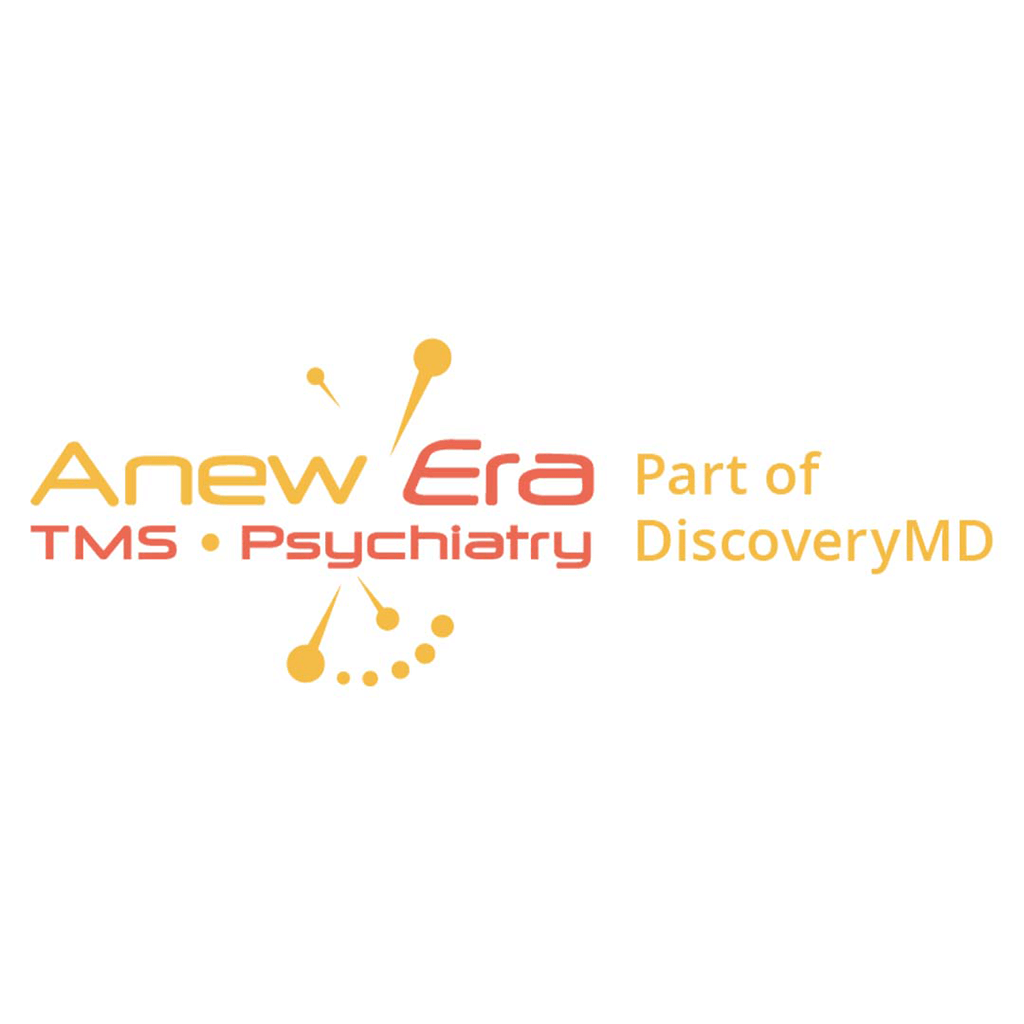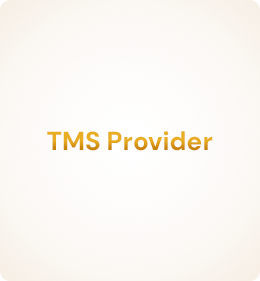






Anew Era TMS & Psychiatry is a Full Suite Mental Health clinic. We offer Therapy, Medication Management, and TMS Treatment. We believe that timely psychiatric appointments are critical to best patient care. Therefore, we strive to schedule appointments within 3-14 days. We currently have 3 Licensed Psychiatrists, 6 Psychiatric Nurse Practitioners and PA’s and 6 Therapists on staff waiting to serve your patients. We strongly believe that money should not be a barrier to accessing mental health care, so we take most insurances, except for Medicaid. Lastly, we are committed to raising the bar in psychiatric care services by always providing excellent customer service from the first point of contact.




"*" indicates required fields